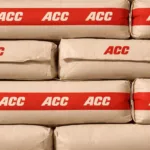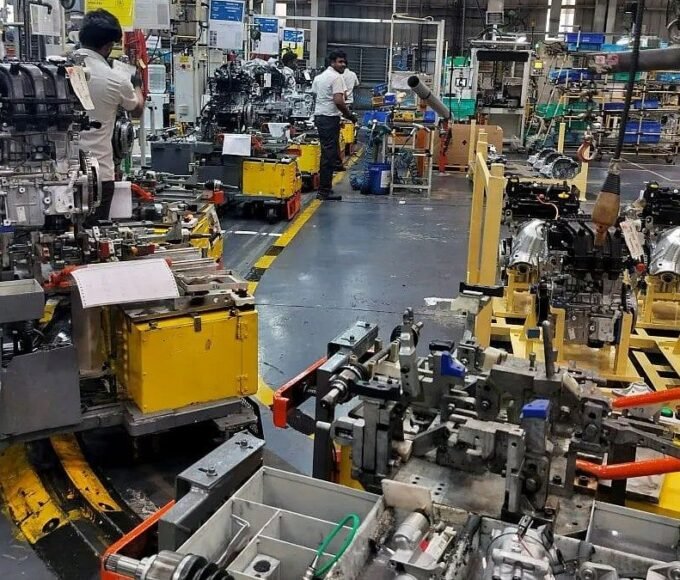Recent Posts
U.S. Denies Safeguard Motive Behind Steel, Aluminium Tariffs in WTO Dispute with India

The United States has informed the World Trade Organization (WTO) that its steel and aluminium tariffs are justified on grounds of national security nor as a safeguard measure denying India’s allegation in a pending trade dispute.
India had officially requested consultations with the U.S. under the WTO’s Agreement on Safeguards on April 11, claiming that the duties introduced in 2018 operate as safeguard measures. India further asserted that the U.S. did not notify the WTO Committee on Safeguards, as is required under the agreement.
In a letter dated April 17, the U.S. contended that the tariffs were levied under Section 232 of its Trade Expansion Act, which permits action when imports are considered a national security threat. It held the position that the duties qualify under the security exceptions of GATT 1994 and not the WTO’s safeguards regime.
The President applied the tariffs on steel and aluminium under Section 232, under which it was found that tariffs are required to rebalance imports posing a threat to U.S. national security,” the U.S. stated in its communication to the WTO.
Washington maintained that the measures are not subject to the safeguards provisions of the Trade Act of 1974, which is generally employed for imposing safeguard measures based on injury to domestic industries.
“The United States is not keeping these measures under the safeguards/emergency action provision,” the note stated. “Hence, there is no reason to initiate consultations under the Agreement on Safeguards.”
Even as it dismissed India’s legal rationale, the U.S. indicated a willingness to talk. “We are still open to discussing this or anything else with India,” it stated.
The levies, initially 25% on steel and 10% on aluminium, were initially applied on March 23, 2018. In the new development, the U.S. revised the actions on February 10, 2025, to extend their application from March 12, 2025, without an expiration date.
The disagreement betrays growing frustration with how nations rationalize trade barriers whether as economic protectionist policies or national security requirements under WTO rules.
- aluminium import duty
- aluminium tariffs
- Buildwatchnews
- GATT 1994
- global trade tensions
- India US trade
- international trade
- national security tariffs
- safeguard measures
- Section 232
- steel import duty
- tariff justification
- trade dispute 2025
- Trade Expansion Act
- Trade Policy
- trade protectionism
- trade war
- US India WTO
- US steel tariffs
- US trade laws
- WTO consultations
- WTO dispute
- WTO news
- WTO rules
- WTO safeguards agreement
Recent Posts
India’s Industrial Output Records Strongest Growth in Over Two Years
January 29, 2026Categories
- Acquisition3
- Airport25
- AP147
- Apartments163
- Architecture1
- Bengaluru271
- Budget3
- Budget 202521
- Cement194
- Chennai499
- Construction1,110
- Construction Material Price Updates1
- Corporation5
- CREDAI69
- Editors Pick43
- Equipment57
- Events12
- Export55
- GST18
- Highways136
- Hotel26
- Housing250
- Hyderabad129
- import59
- India340
- Industrial494
- Infrastructure798
- Interiors32
- Investment124
- Iron Ore90
- Karnataka128
- Kerala71
- Labour12
- Land203
- Leasing3
- Logistics85
- Market Updates631
- Metal158
- Metro121
- Mining109
- MSME23
- News2,125
- NHAI109
- Office Space16
- Paints43
- Port10
- Power Shutdown1
- Properties194
- Puducherry13
- Railways12
- Real Estate947
- Rental3
- Results3
- Road251
- Sand43
- Short News117
- SIPCOT24
- Steel Daily503
- Stocks91
- Tamil Nadu555
- Technology131
- Telangana139
- TIDCO16
- Trade135
- Trending News1,171
- Video2
- warehouse96
Related Articles
Special Purpose Vehicle Formed to Develop Mega Shipbuilding Cluster at Thoothukudi
India’s first mega shipbuilding cluster is set to take shape at Thoothukudi...
BySamrita JosephJanuary 29, 2026India’s Industrial Output Records Strongest Growth in Over Two Years
India’s industrial production posted its fastest growth in more than two years...
BySamrita JosephJanuary 29, 2026L&T Q3 FY26 Results: Profit Dips on One-Time Provision, Revenue and Orders Stay Strong
Larsen and Toubro reported a marginal decline in Q3 FY26 net profit...
BySamrita JosephJanuary 29, 2026NHAI Seeks Bids for Rs 51.27 Crore Tunnel Underpass on Bengaluru Airport Highway
The National Highways Authority of India has invited bids worth Rs 51.27...
BySamrita JosephJanuary 29, 2026















Leave a comment